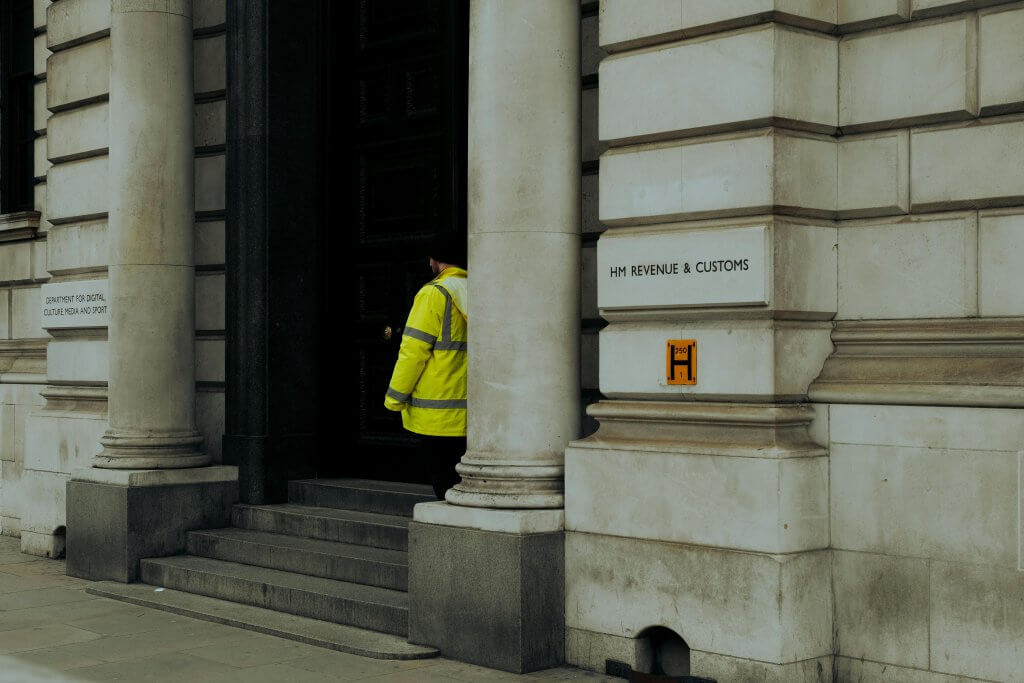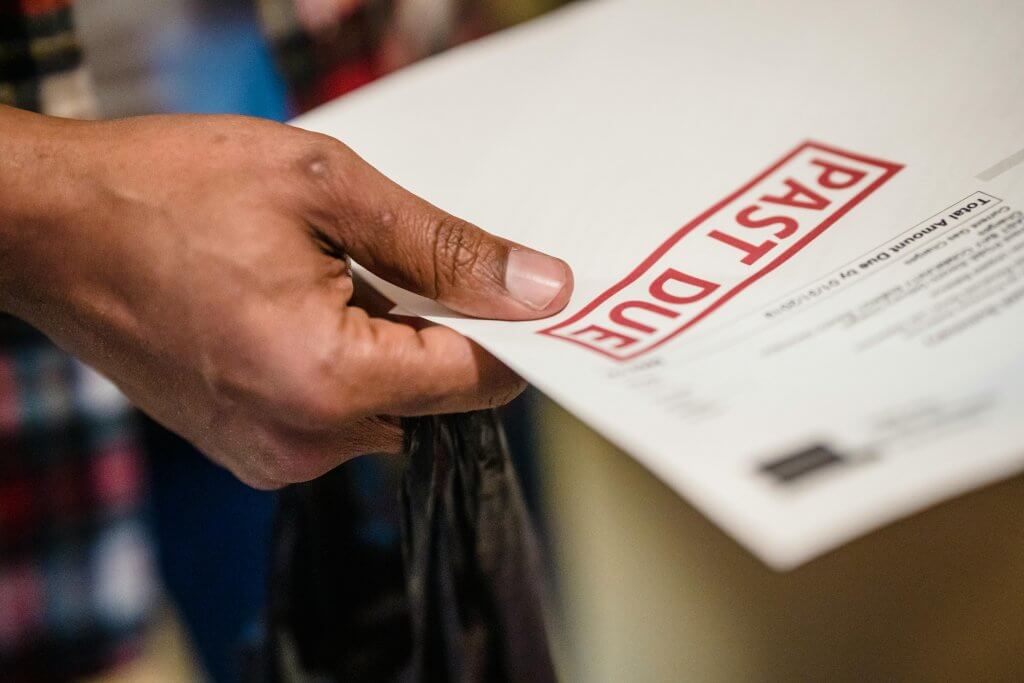If your business is facing financial distress or even company insolvency, it’s easy to feel overwhelmed by debt and uncertain about the future. However, there are practical solutions available that can help you regain control and rebuild. One option is a Company Voluntary Arrangement (CVA). It’s a formal but you-centred agreement designed to help you manage your debts while the business continues to trade. It could even be used to manage your Bounce Back Loan debt.
And most importantly it stops the possibility of legal action by any creditor included in the CVA.
What is a Company Voluntary Arrangement?
A Company Voluntary Arrangement (CVA) is a legally binding agreement between your company and its creditors. This agreement provides a structured plan for repaying your debts using an extended repayment schedule over a defined period. This is usually between three to five years.
The purpose of a CVA is to offer you some much-needed breathing space to stabilise your company’s financial situation while continuing operations. Unlike measures such as liquidation, which results in the closure of the company, a CVA aims to preserve the core business and keep it running.
Under a CVA, creditors agree to a specific repayment plan that is often a reduced amount compared to the debt. The remaining amount is then written off. If you meet the terms of the CVA, these creditors included cannot take legal action against you, in respect of any pre-CVA debt.
This approach allows your company to recover without the constant pressure of mounting legal actions from creditors. Speak to our insolvency advisors today for expert guidance on your situation.
How does a Company Voluntary Arrangement work?
The process of setting up a CVA begins with an in-depth assessment of your company’s financial position. This stage is crucial because it determines whether your business has a realistic chance of meeting the terms of a CVA. A licensed insolvency practitioner (IP) will carefully review your company’s income, liabilities and ongoing operational costs.
Once the assessment is complete, the licensed insolvency practitioner will work with you to draft a proposal for your creditors. This proposal is essentially a repayment plan that outlines how much of the debt will be repaid, over what time period, and how the payments will be structured.
The proposal is then presented to your creditors for approval. For the CVA to proceed, at least 75% of the creditors (by debt value) who chose to vote, must vote in favour. If this majority is achieved, the CVA becomes legally binding on all included unsecured creditors, even those who voted against it.
Then your company simply begins making the agreed-upon payments according to the CVA terms. These payments are typically made monthly and are managed by your insolvency practitioner, who ensures the funds are distributed among creditors in accordance with the Proposal terms.
At the end of the repayment period, your obligations under the CVA have ended—hopefully giving your company a fresh financial start.
This structured process not only provides clarity but also reduces the risk of sudden legal actions or financial surprises. This allows you to focus on rebuilding your business. Speak to an expert today about your options.
The benefits of a Company Voluntary Arrangement
1. You can continue trading: If you leave financial difficulties unchecked, it can seriously damage your reputation and lead to further financial losses for both you and your creditors. A CVA offers a cooperative and less confrontational approach to debt resolution.
2. Legal protection: As well as business continuity, a CVA offers legal protection. Once the agreement is in place, creditors are prohibited from taking further legal action against your company, as long as you keep to the terms of the arrangement.
3. Improved cash flow: With a structured and affordable repayment plan in place, your company can better manage its finances. It helps to ensure that essential costs such as salaries, rent and supplier payments are covered without constant worry about overdue debts.
4. Avoiding liquidation: A CVA is a business rescue plan. It can help you avoid the necessity of closing your company through an insolvent liquidation (Creditors’ Voluntary Liquidation) – or even the damaging consequences of compulsory liquidation.
Is a Company Voluntary Arrangement right for your business?
A CVA can be an excellent option for businesses that are fundamentally sound but temporarily struggling with debt. If you still have consistent revenue streams, valuable assets or clear opportunities for growth, a CVA could be the key to turning things around.
It’s also essential that you, as the director, are fully committed to the process. A CVA requires discipline and transparency, as well as a willingness to follow the agreed repayment plan over an extended period.
On the other hand, if your business has no viable future and no realistic ability to repay even a portion of its debts, there are alternative insolvency options. For example, liquidation or company administration might be more appropriate. To determine whether a CVA is the right choice, our licensed insolvency practitioners can provide an honest assessment of your company’s financial health and long-term prospects. Call our experts today.
Common myths about Company Voluntary Arrangement
“A CVA means my business has failed” One of the most prevalent myths is that entering a CVA signals business failure. In reality, a CVA is a proactive step taken by responsible directors who are determined to address their company’s financial difficulties rather than let them spiral out of control.
“Creditors will never agree to a CVA.” In truth, creditors often prefer a CVA to liquidation because it typically offers them a better return on their debts. Liquidation usually results in creditors receiving only a fraction of what they’re owed, while a CVA provides a more structured and predictable repayment plan.
“A CVA will ruin my reputation.” When communicated transparently, a CVA can actually enhance your company’s credibility. It demonstrates a commitment to addressing financial obligations responsibly.
The role of an insolvency practitioner in a CVA
The role of a licensed insolvency practitioner in a CVA includes acting as nominee. They act as an advisor initially and monitor the process throughout the entire CVA, until your repayments are complete and contract fulfilled.
Initially, the licensed insolvency practitioner will conduct a thorough assessment of your company’s finances to determine whether a CVA is a viable option. They’ll then help you draft a proposal that is both realistic and appealing to your creditors.
Once the proposal is submitted, they’ll handle negotiations with creditors and oversee the voting process. If the CVA is approved, the licensed insolvency practitioner’s role continues as they manage payments, distribute funds to creditors, and ensure compliance with the agreement’s terms.
Choosing an experienced and trustworthy insolvency practitioner is one of the most critical factors in the success of a CVA. Speak to our insolvency advisors today for expert guidance on your situation.




